Ghazi Ghareeb Zorab told MEE he faces retribution over his reporting in Iraq's Kurdistan region if he is removed from UK

Ghazi Ghareeb Zorab attends a demonstration against Kurdish Prime Minister Masrour Barzani outside Chatham House in London in April 2022 (Twitter)
By Alex MacDonald
Published date: 29 June 2023
An Iraqi Kurdish journalist has said he fears being killed in his home country if he is deported from the UK on Saturday as planned.
On Monday, Ghazi Ghareeb Zorab went to the Dallas Court Reporting Centre in Salford, Manchester, where he was making a regular visit as is required of him while his asylum claim is processed.
He was then detained and told he would be deported to Jordan on 1 July, and from there onto neighbouring Iraq.
Zorab spoke to Middle East Eye on a Nokia phone from Brook House immigration removal centre in London, after his smartphone was taken off him by security officials, and said he was in a "terrible situation", terrified of being returned to northern Iraq.
"I would be persecuted, I would be killed, I would be imprisoned. Killing, kidnapping, any kind of punishment," he said.
As a reporter for numerous Kurdish and English-language publications, including Ekurd and the Word newspaper, he had incurred the wrath of the ruling Kurdistan Regional Government (KRG) in Iraq's northern region and came to the UK for safety in 2019, after receiving numerous death threats.
"I would be persecuted, I would be killed, I would be imprisoned'- Ghazi Ghareeb Zorab
After an initial application for asylum was rejected in 2020, he appealed the decision through the courts, and was in the process of organising documents for the appeal when he was detained.
Though he made a fresh claim for asylum on Tuesday, while his solicitor has applied for immigration bail to have him released from detention, the uncertainty is taking a terrible toll.
"There is a flight booked for 1 July to remove me. I’m receiving treatment at the moment for health issues. In this condition, it makes me worried about the next steps, what will happen," he said.
"This is a terrible situation, it should not be like this - journalists should be treated like journalists, not like somebody to be removed."
Dangers in Kurdistan
Although Iraq's semi-autonomous Kurdistan region has cultivated a reputation for relative openness and stability compared to its southern region, there are still substantial threats to journalists, campaigners and politicians who are critical of the ruling establishment, especially the dominant Kurdistan Democratic Party (KDP) and Patriotic Union of Kurdistan (PUK).
The International Federation of Journalists recorded at least 73 cases of media and rights violations in Iraqi Kurdistan in 2022 and said arbitrary arrests and attacks by security forces were a regular occurrence. Iraq as a whole is ranked 167 out of 180 countries for media freedom by Reporters Without Borders, with reporters facing a constant threat of violence, kidnapping and imprisonment.
'Journalists are killed in the KRG, journalists are kidnapped in the KRG'- Ghazi Ghareeb Zorab
"Journalists are killed in the KRG, journalists are kidnapped in the KRG, they are imprisoned because of what they say against the government and what they say against the KDP and PUK," said Zorab.
He said he had been outspoken about the “brutality of the Kurdish political parties" both in Iraq and internationally. He had used a visa to travel to the UK for a conference where he had criticised the state of human rights in his homeland in 2019.
Upon returning to the Kurdistan region, he received multiple death threats and so quickly returned on that same visa to the UK, where he has remained ever since.
In the UK he has taken part in numerous campaigns for the rights of political prisoners in Iraqi Kurdistan and justice for murdered journalists like Sardasht Osman, who was found shot dead in Mosul in 2010 after reportedly receiving threats to stop writing damaging reports about KRG officials.
In 2022, Zorab was part of a protest outside the Chatham House think tank in London where KRG Prime Minister Masrour Barzani was giving a speech.
"[In the KRG] you can’t do this, you can’t be critical of the political parties, speak in public," he explained.
But his current ordeal has, unsurprisingly, soured that mood.
"I was feeling well until the time this happened. This detention is not…there is no good reason to behave like that against a journalist."
'Not so severe'
The UK government's track record on refugees has come under severe criticism in recent years. The ruling Conservative Party has attempted to implement legislation forcibly removing refugees arriving by "illegal" means such as crossing the English Channel in small boats from France, a policy denounced as "obscene" by rights groups.
This is combined with a backlog of asylum claims that has led to asylum seekers being placed on what have been branded "floating prisons" off the coast of the UK.
A letter leaked to the Guardian last month suggested that 20,000 Iranian and Iraq asylum applicants were to have their claims fast-tracked in an attempt by Prime Minister Rishi Sunak to clear up the backlog of 92,601 asylum cases submitted before June 2022.
More than 51,661 Iraqis have applied for asylum in the UK since the 2003 invasion that overthrew longtime ruler Saddam Hussein. Of those, more than 6,000 arrived in 2022.
However, the majority of asylum claims by Iraqis have been refused, with only a fifth being granted some form of leave to remain in the country and one tenth given refugee status.
Despite repeated warnings from rights groups about routine torture, attacks by armed groups and state repression, the government's official humanitarian situation report on Iraq states that "in general, the humanitarian situation in Iraq is not so severe that there are substantial grounds for believing that there is a real risk that conditions amount to torture or inhuman or degrading treatment" and that there are "parts of the country where it will be reasonable for a person to relocate".
In the past three years, thousands of Kurds have left the Middle East, comprising the largest single ethnic group during the 2021 migrant "crisis" that developed on the borders of Europe.
Kurdish migrants - primarily from Iraq - ended up congregating in huge numbers on the Poland-Belarus borders, enduring freezing conditions after travel agencies in Iraqi Kurdistan began offering package deals to Belarus.
The UK's National Union of Journalists (NUJ) in a statement expressed "grave concern" over Zorab's deportation.
"If returned to Iraq, the NUJ believes the UK government will be facilitating the persecution of Zorab and putting his life at risk, and urges the Home Office to urgently reconsider this case in light of the safety risks posed to him because of his work as a journalist," said the statement.




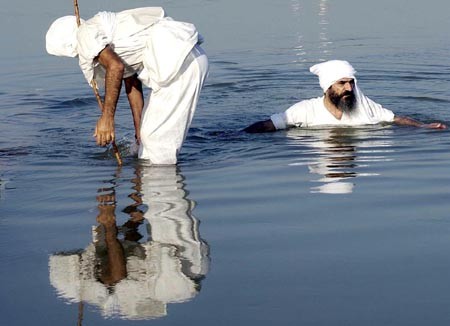


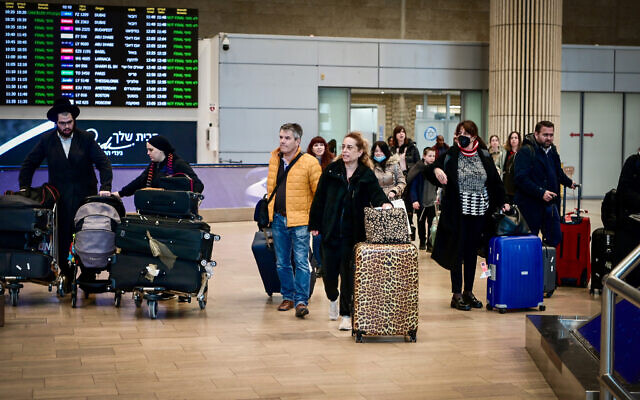
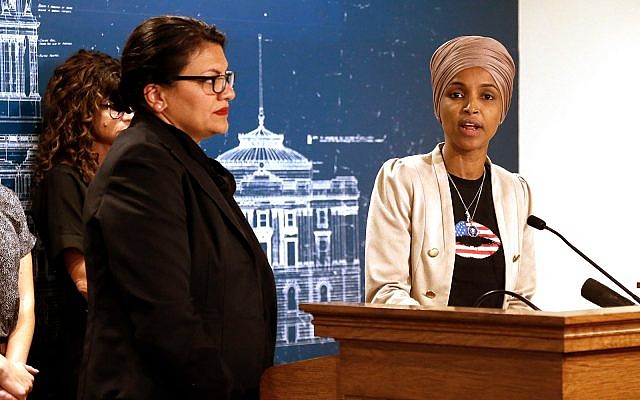

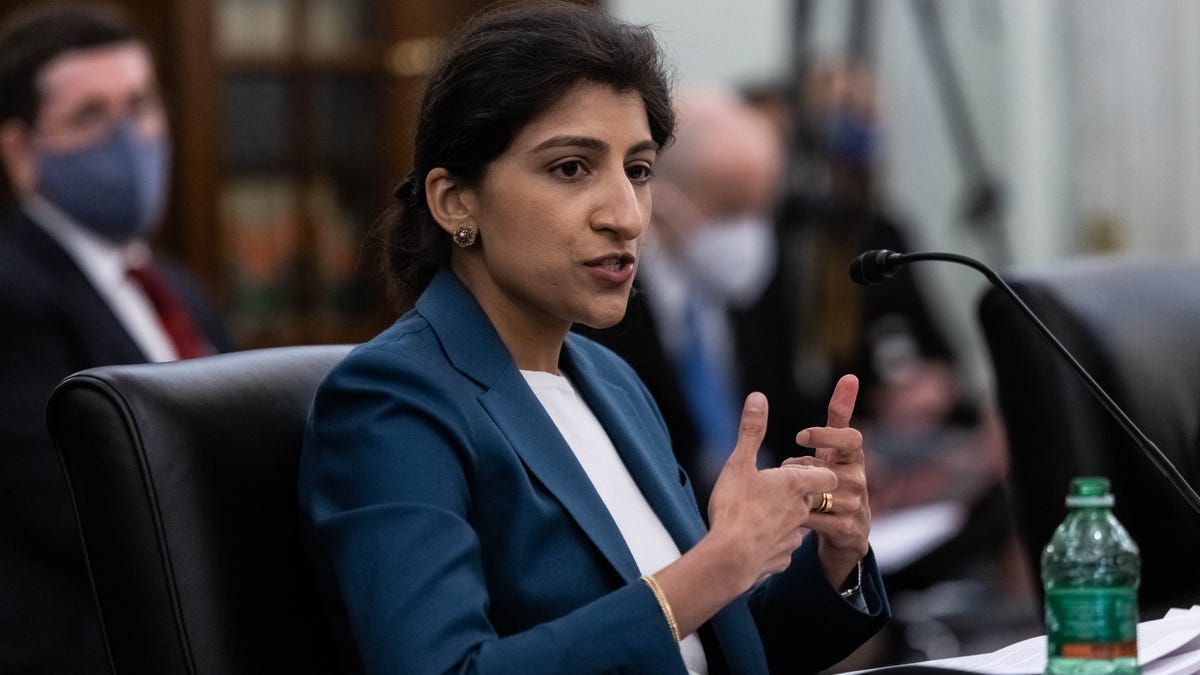



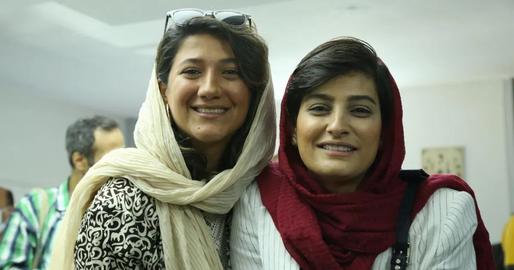

:quality(70)/cloudfront-eu-central-1.images.arcpublishing.com/thenational/IRW534HK4RA47PQHRTRS76PRHE.jpg)